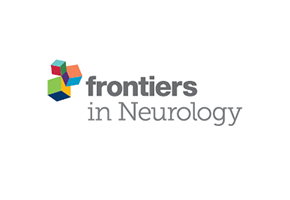
“A complex motor disorder is a combination of various types of abnormal movements that are associated with impaired quality of life (QOL). Current therapeutic options are limited. We studied the efficacy, safety, and tolerability of medical cannabis in children with complex motor disorder. This pilot study was approved by the institutional ethics committee.
Two products of cannabidiol (CBD) enriched 5% oil formulation of cannabis were compared: one with 0.25% δ-9-tetrahydrocannabinol (THC) 20:1 group, the other with 0.83% THC 6:1 group. Patients aged 1 to 17 years (n = 25) with complex motor disorder were enrolled. The assigned medication was administered for 5 months.
Significant improvement in spasticity and dystonia, sleep difficulties, pain severity, and QOL was observed in the total study cohort, regardless of treatment assignment. Adverse effects were rare and included worsening of seizures in 2 patients, behavioral changes in 2 and somnolence in 1.”
https://www.ncbi.nlm.nih.gov/pubmed/29766748
http://journals.sagepub.com/doi/abs/10.1177/0883073818773028?journalCode=jcna

 “Symptom management in older adults, including pain and distressing non-pain symptoms, can be challenging. Medications can cause side effects that worsen quality of life or create other symptoms, and polypharmacy itself can be detrimental in older adults.
“Symptom management in older adults, including pain and distressing non-pain symptoms, can be challenging. Medications can cause side effects that worsen quality of life or create other symptoms, and polypharmacy itself can be detrimental in older adults. 





